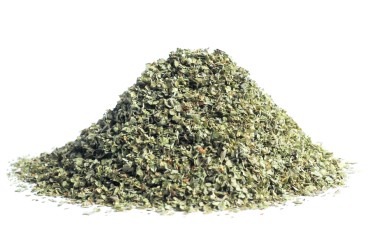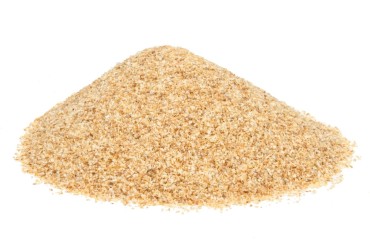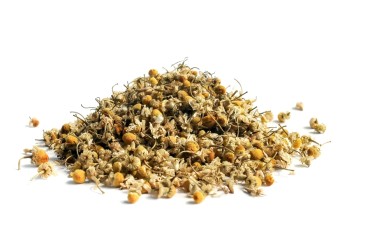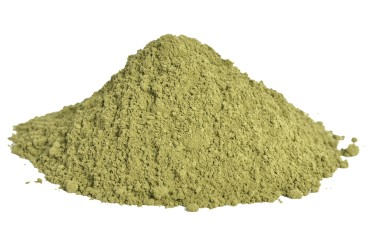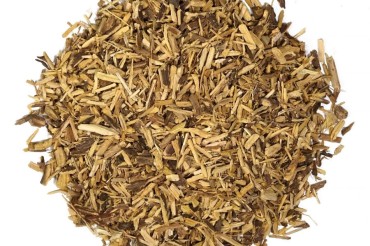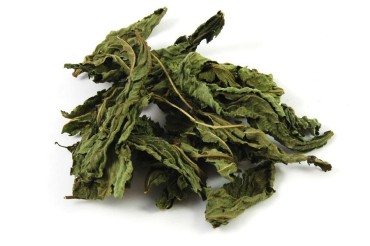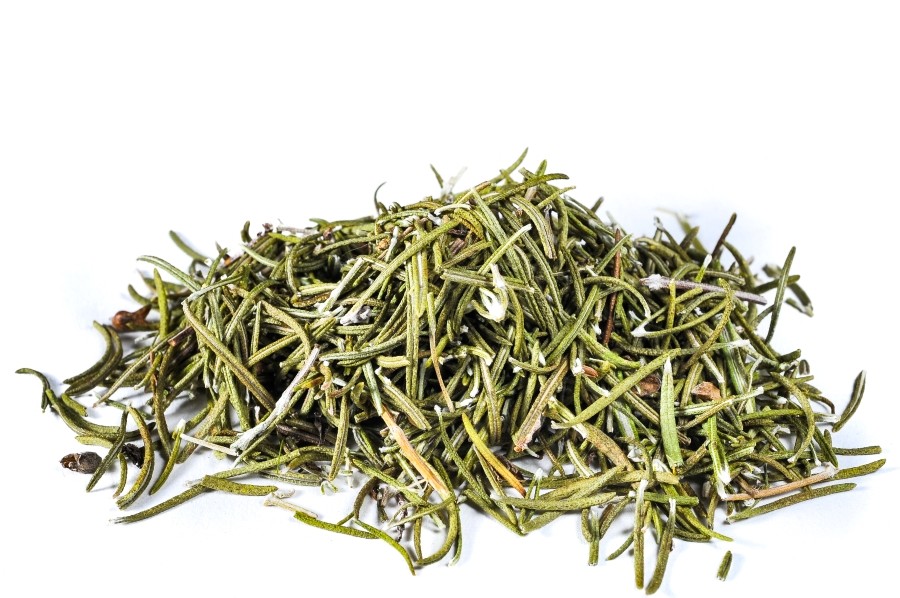
Overview
The spiky leaves of Rosemary are perhaps as old as time. It has been used for flavouring of wines, waters and of course edible dishes too. Hotels often go the rustic route by placing a small bundle of rosemary and lavender on pillows, whereas rustic restaurants stick a handful of rosemary in a tiny pot as table decoration. This evergreen shrub is relatively easy to grow, and it is processed in the Middle East.
Common Uses
The perfect culinary marriage is lamb and rosemary. Every chef will confess to that. Rosemary is also used to add flavour to chicken dishes, especially stuffing, and its pine like taste is perfect in sausages too. It most definitely elevates vegetable stews, vegetable roasts and tomato dishes. Rosemary is often used in breads and even sweet baked goods.
Recommended Storage
The most important point is that dried herbs and spices can never go bad if they are kept dry. Yes, the potency is lost, but it will still influence the flavor of your cooking.
Seeds, roots, leaves and flowers last longer than crushed or ground herbs and spices. When you are preparing to store your dry herbs and spices it is vital that they are completely dry. A good indication is to rub it with your finger to check if it crumbles. As oxygen degrades dried herbs and spices over time, you should store them in airtight containers. Glass jars with sealable lids are perfect, and so are metal tins. Plastic won’t do for long terms storage. Sunlight also degrades dried herbs and spices; therefore, it should be stored in a dark cabinet that is both cool and dry. If your spice rack is near the stove or cooker, steam will degrade your herbs and spices each time you open the container while cooking. When buying in bulk, you should always store only some of the dried herbs and spices in a glass or metal container. Each time you open it, it is exposed to the elements. When buying in bulk it is useful to label your containers with the purchase date and discard date.
- Purity:
100% machinery cleaned no foreign substance - Packaging:
20kg in polypropylene bags or paper bags as per request

